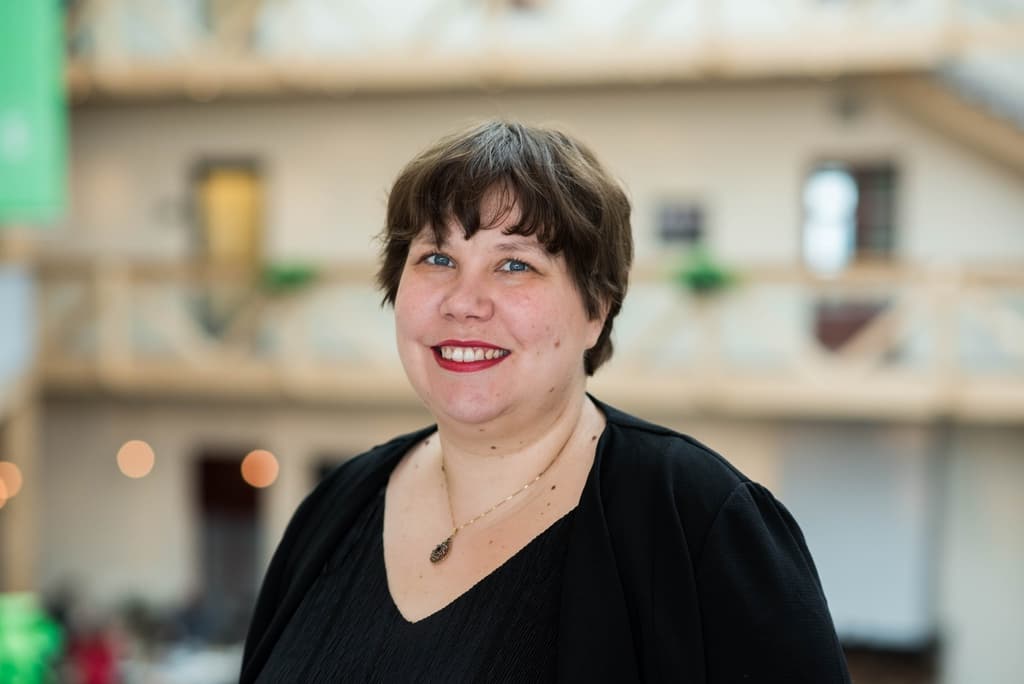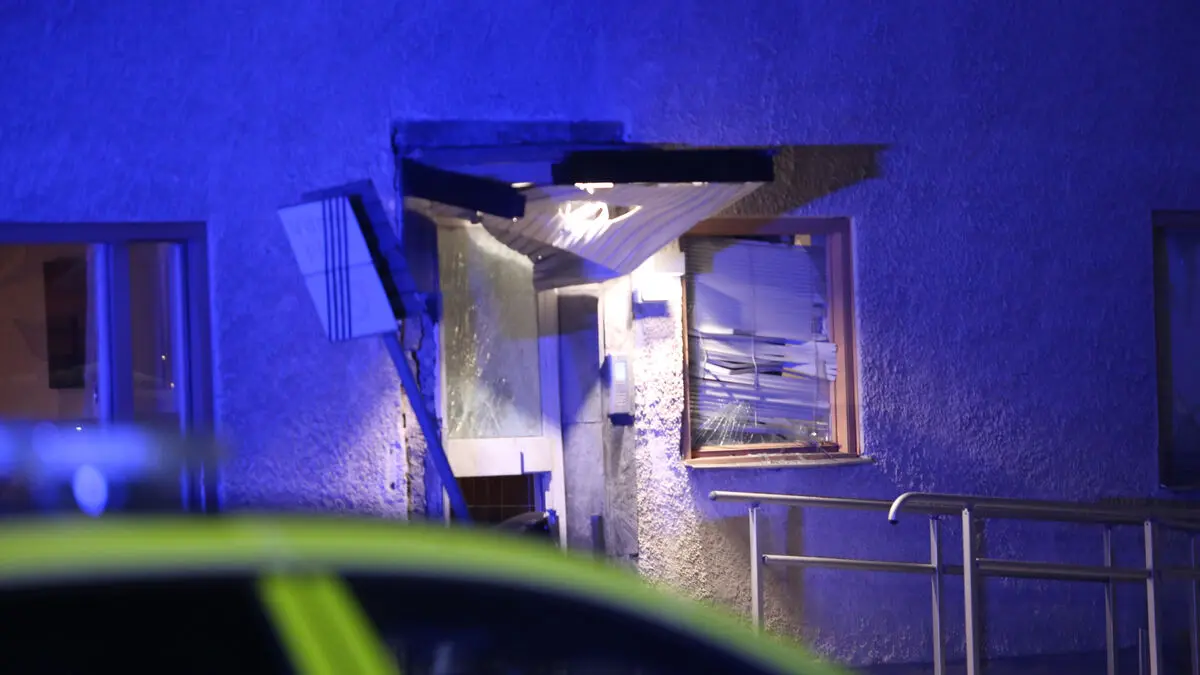Ukip is growing in Europe and the EU parliament. But can the parties come together and form a strong alternative?
Emmanuel Macron has already called for new elections in the French parliament, and in Germany, Chancellor Olaf Scholz is considering what looks like a poor result for his SPD. However, despite the fact that the hard right is expected to make gains in many countries, Sunday's election is not a foregone conclusion for them.
The ball is in the court of the conservatives in EPP and which direction they will turn to collaborate, notes Valentin Kreilinger, a political scientist at the Swedish Institute for European Political Studies (Sieps).
Political scientist Sofie Blombäck is on the same wavelength.
Since the European parliament is largely based on large, broad compromises, the groups in the middle and left have the advantage that they are more cohesive.
Regardless of the political future in parliament, Valentin Kreilinger sees another effect of the election.
The reduced German-French influence is not just about how many seats in parliament the traditional governing parties got. It will be seen in how they can influence other countries, says Kreilinger.
The big changes after Sunday's election will be felt in the long term on reduced international influence, higher walls for migrants and reduced focus on climate, says Valentin Kreilinger.






